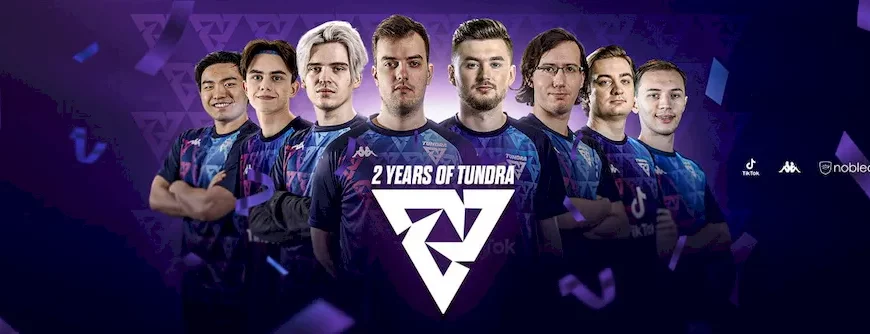In the high-stakes world of professional Dota 2, team integrity and fair play are paramount. Yet, an intriguing drama is unfolding that raises questions about both: Team Odium, led by veteran player Ilya “Lil” Ilyuk, finds itself on the brink of exclusion from a crucial professional communication channel, all due to an individual administrator`s unproven accusations of match-fixing against a prospective team member.
The Lifeblood of Pro Teams: Scrim Channels
For any aspiring or established professional esports team, practice is not merely beneficial; it is absolutely essential. “Scrims” – scheduled practice matches against other professional or semi-professional teams – are the bedrock of competitive development. These are typically organized through private, invite-only Discord servers, serving as central hubs where managers and team representatives can connect, arrange matches, and scout opponents. Access to these channels is often tiered, based on a team`s current roster strength and competitive achievements, making them an indispensable resource for growth and preparation for major tournaments.
An Accusation Without Proof: The “Norad” Controversy
The current predicament for Odium stems from an administrator on one such crucial Discord server, identified by the handle “Norad.” According to a public statement from Team Odium, Norad has voiced strong disapproval of a player currently undergoing a trial period with Lil`s roster. The accusation? Alleged involvement in “322” – a colloquial term in Dota 2 for match-fixing, derived from a infamous incident where a professional player allegedly bet against his own team. The severity of such an accusation in esports cannot be overstated, striking at the very core of competitive integrity.
“There is such an admin (apparently an important person) with the nickname Norad. First, he decided that I was unworthy of even semi-pro rights, which he confirmed in correspondence, and now he decided to remove all rights and threatens to ban the entire team because we are testing a person who, in his opinion, was seen in dishonest play (of course, there are no proofs), but at the same time is not banned by any tournament organizer.”
— Team Odium Statement (translated excerpt)
The core of the dispute, and indeed the irony, lies in Norad`s apparent stance: despite the lack of official proof and the fact that the player in question has not been officially banned by any major tournament organizers, Norad deems him guilty. This means the player is seemingly free to compete in official tournaments and qualifiers, yet a team merely *testing* him could be ostracized from a vital practice network. This situation spotlights a potential disconnect between individual administrative power and broader industry-wide oversight.
The Stakes for Odium`s Revival
For a team like Odium, which Lil only recently announced he was reviving on August 1st, this threat carries significant weight. A new roster, still in flux with positions for coach, mid-lane, and support players yet to be finalized (expected before The International 2025), relies heavily on consistent and high-quality practice. Being denied access to a primary scrim channel could severely hamper their ability to gel as a unit, develop strategies, and prepare for upcoming competitions. The team`s debut is slated for the CIS Battle, an online tournament running from August 2nd to 11th, where the current lineup includes Nikita “selfhate” Ozhiganov, Konstantin “Noir” Nikolaev, Kirill “Actor” Sidorov, Mikhail “lupsione” Lapochkin, and Lil himself. Any disruption to their practice routine could directly impact their performance in this crucial early event.
Broader Implications: Power and Due Process in Esports Communities
This incident transcends a single team`s predicament; it opens a wider discussion about administrative power within esports communities. When an individual administrator can wield significant influence, potentially impacting a team`s competitive viability based on unverified personal convictions, it raises critical questions. How much power should one person hold? What constitutes sufficient evidence for accusations that could derail a professional career? And where is the due process for teams and players caught in such situations?
The professional esports landscape thrives on trust and fair competition. While vigilant oversight against integrity breaches like match-fixing is crucial, it must be balanced with transparency, objective evidence, and a clear appeals process. Relying on an individual`s “gut feeling” without concrete proof risks turning vital community hubs into arenas for personal judgments, potentially undermining the very integrity they aim to protect.
Conclusion
As Team Odium navigates this unexpected administrative hurdle, the situation serves as a stark reminder of the delicate ecosystem within professional esports. The incident underscores the critical need for established protocols, clear lines of accountability, and a consistent application of rules across all platforms that facilitate competitive play. Without these safeguards, the invisible hand of individual authority risks stifling talent, hindering growth, and, ironically, creating an environment less fair than the one it purports to uphold.







